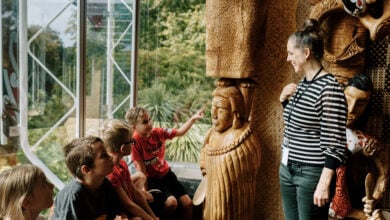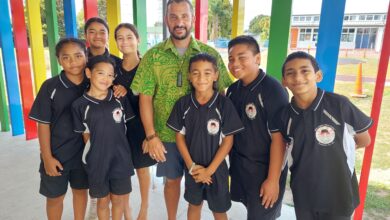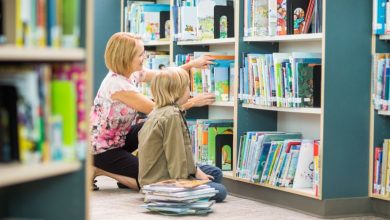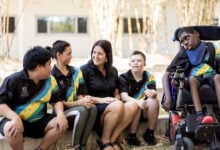New schools initiative tackles hearing loss epidemic
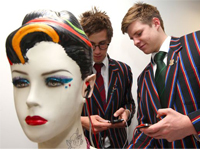
 Loud music and dangerous noise levels are not new. What is new is the increasing incidence of hearing loss as a result of noise damage. It has doubled in the last 30 years, with up to one in five young people affected.
Loud music and dangerous noise levels are not new. What is new is the increasing incidence of hearing loss as a result of noise damage. It has doubled in the last 30 years, with up to one in five young people affected.
So what has changed to cause this rise in hearing loss? Experts place the blame on our increasingly noisy environments, along with many of us being tuned in for longer than in the past to our listening devices. Our ears are not being sufficiently protected from loud noises. From the bulky headphones of the 1960s to iPods of the 2000s, mowing the lawns to rugby matches, coffee machines to speedways; loud noises are everywhere.
It is vital that young people learn to protect their hearing so that it will last them into adult life. Once hearing is damaged, it cannot be fixed.
To tackle this alarming rise in hearing loss, the Pindrop Foundation (in conjunction with the University of Auckland and ACC), has introduced New Zealand’s first hearing protection programme aimed at teaching kiwi kids how to protect their hearing: Listen Up!
The programme forms the foundation for behaviour change and safe hearing practices. It is designed to be fun, interactive and educational. It teaches kids how their ears work, the science behind hearing and the physics of noise.
The University of Auckland has been training resource teachers, health-promoting schools co-ordinators, teacher aides, parent helps, public health nurses and high school students to become Listen Up! educators.
With support from the Listen UP! co-ordinator, JayJay Thompson, this team of educators has been taking the programme back to their schools and communities, changing attitudes and behaviours toward hearing practices and protection.
Ms Thompson has been going along to schools, as well-taking Garry, the hearing mannequin with her. “The kids just love Garry,” she said. “They get to test the volume levels on their ipods on him and other loud noises. It’s so fun to watch the interaction, especially the kids trying to figure out how his ears work to give them a sound level reading. They’re having a blast, and they love the fact they’re each given a set of ear plugs to take home, which are very kindly donated to us by 3M.”
Senior King’s College students, who embarked on the training too as part of their community program, have also taught the programme to nearly 2,000 children kiwi kids in their local community with support from JayJay Thompson.
Said a senior student at the college, Tom Ritchie: “It’s really amazing to see the younger kids looking up to us and actually listening to what we’re saying about how important it is to look after your hearing. And we’re learning some vital new skills too – not just about our hearing, but how to teach, do presentations, manage a classroom, be leaders and to give back to our communities. I love it.”
Putting his perspective on it, King’s College chaplain, Warner Wilder said: “This has been such an amazing initiative for our students to be involved with as part of their community programme. They’ve had a sample of university life, learned some very valuable life and work skills, and had the privilege of teaching many of their younger peers the importance of looking after their hearing.”
Those at Pindrop say it appears the message of how to protect young people’s hearing while enjoying music is getting across.
“Hearing loss as a result of noise damage is a silent epidemic in New Zealand,” says Dr David Welch of the University of Auckland, “and by teaching kids to understand the dangers of loud noise and how to protect themselves, we’re promoting the long term hearing health of New Zealanders.”
CEO of the Pindrop Foundation, Lee Schoushkoff says: “We’d love to see more schools take up this amazing opportunity to become Listen Up! educators and ensure sustainability of the programme for schools and children.”
Pindrop offers some simple tips to schools to prevent hearing damage in children:
• Walk away (move further away from the source of the noise),
• Turn down the volume,
• Wear hearing protection.
There are numerous ways for schools to become involved in Listen Up! They include:
• Simply attend a Listen UP! educator workshop at a location nearby. Visit www.listenup.co.nz for dates and locations.
• Nominate a Listen Up! champion within the school to attend and begin the journey of protecting students’ hearing.
To find out how to become involved in the Listen Up! programme, visit: www.listenup.co.nz or email [email protected]




